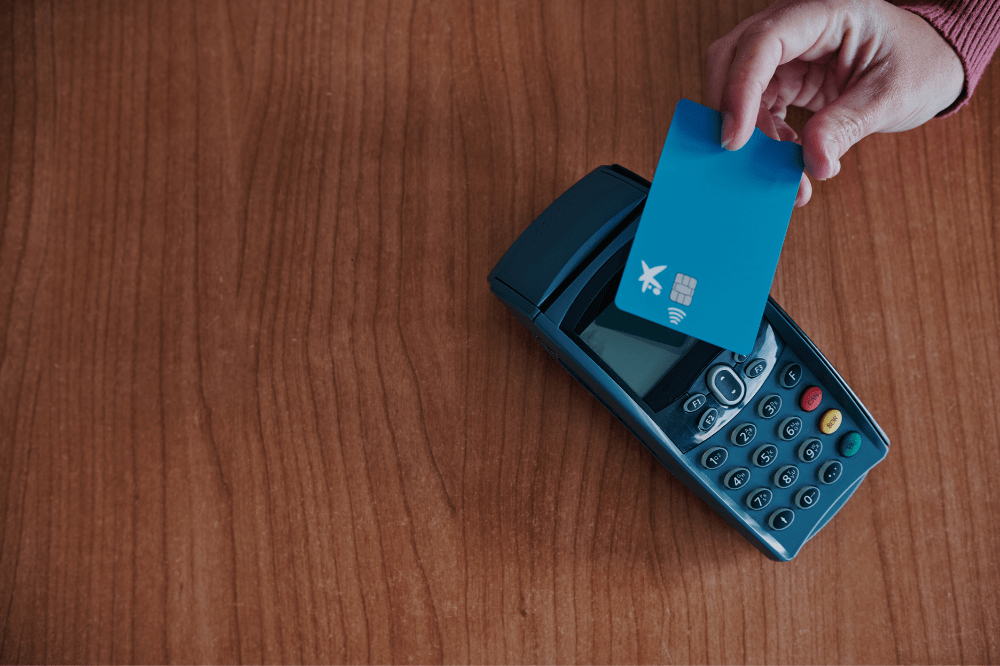You already know what credit and debit cards are, but do you know what a prepaid card is? Get to know its differences and how it works!
Prepaid cards have emerged as a popular option for those seeking an alternative to traditional debit and credit cards. But do you know what exactly a prepaid card is and the differences it has compared to the other ones?
Well, that’s what you are about to find out! Get to know how this type of card works and how you can make the most out of it. Also, if you want to check out more financial tips on our website, you can click on this link!
What Is A Prepaid Card?
It functions similarly to a debit card, but with a key difference. Debit cards are linked to your checking account, whilst prepaid cards are not. Before you can use it, it needs to be loaded with a specific amount of money upfront. You can have a paycheck or government benefits directly deposited to it, or load cash onto it at participating reload locations. Then, you can make purchases anywhere that accepts the card’s network – Visa, Mastercard, or American Express -. Think of it like a gift card, but reloadable and usable for a wider range of purchases.
How Do Prepaid Debit Cards Work?
They operate on a simple principle. You load money onto the card, either through a one-time purchase or recurring deposits. Once loaded, funds are deducted from the card balance with each transaction. Since you’re spending only the pre-loaded amount, there’s no risk of overspending or accumulating debt. Here’s how the process works:
- Purchase or Activation: you can acquire a prepaid card from various retailers, banks, or online providers. Activation typically involves registering the card and potentially setting up a PIN;
- Loading Funds: there are several ways to load money onto your card. Common methods include cash deposits at retail locations, bank transfers, and direct deposits from your employer. Some cards may have fees associated with loading/reloading, so be sure to compare options before choosing a card;
- Making Purchases: use your prepaid card at any store or online platform that accepts the card’s network. The transaction amount is deducted from your available balance, which you can track online or through the card issuer’s app.
How To Use and Reload A Prepaid Card
Simply swipe or tap the card at a terminal or enter the card details online for authorized transactions, just like any other card. It can also be used to withdraw cash from ATMs, but fees can be charged. Reloading it may vary depending on the card issuer, but generally includes:
- Cash Deposits: add funds to your card through retailers;
- Bank Transfers: transfer money from your bank account electronically;
- Direct Deposit: have your paycheck or other recurring deposits automatically loaded onto the card.
Do They Help Build Credit?
Credit bureaus track your ability to manage borrowed money. Once prepaid cards don’t involve borrowing, using it doesn’t contribute to building your credit score. However, some secured credit cards function similarly to prepaid cards but report your activity to credit bureaus, helping you establish or improve your credit score.
How To Choose A Prepaid Card
Here are some key factors to consider before making your decision:
- Fees: compare monthly maintenance fees, reload fees, and potential ATM withdrawal charges;
- Network: choose a card with a network widely accepted by the merchants you tend to purchase from;
- Reload Options: select a card with convenient reload methods that suit your needs;
- Features: some cards offer additional benefits like cashback rewards or purchase protection. Consider these if they align with your spending habits.
Why Should I Use A Prepaid Card?
- Help you stick to your budget by limiting spending to the pre-loaded amount;
- Provide a secure and widely accepted alternative to carrying cash;
- Stepping stone for those who want to manage their finances responsibly before applying for a credit card;
- Safe way to shop online, especially for those wary of linking their bank account details to online retailers.

